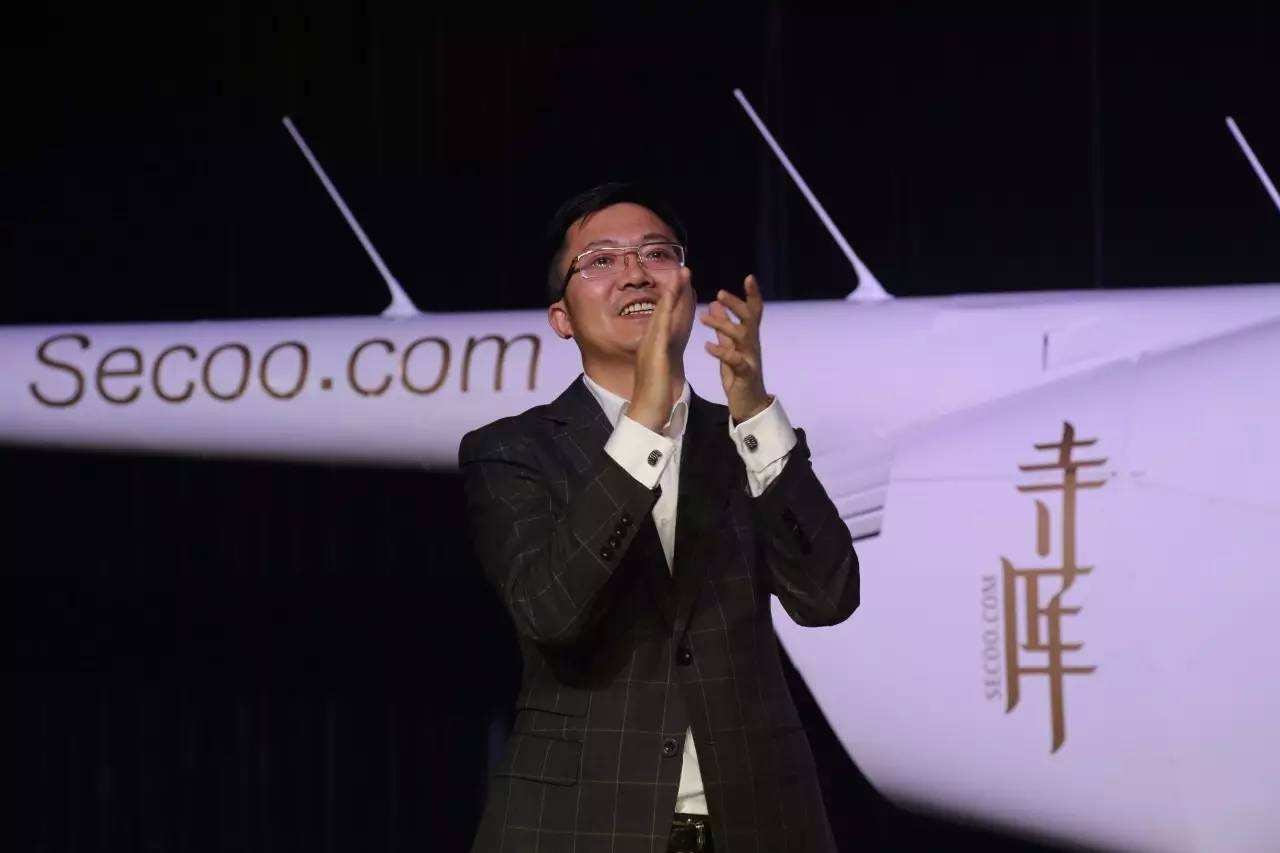China’s top luxury e-commerce player Secoo is in the midst of a transformation.
In the latest overhaul of its management and marketing leadership structure, the e-tailer has appointed Ren Guanjun, formerly a senior executive at Le.com, to assume the role of Chief Growth Officer (CGO), according to a public announcement released by the company on January 3.
Secoo is the first company in China to appoint a CGO, a much debated role in the West. Other companies that have created this post include Coca Cola, Coty and Colgate-Palmolive.
The above-mentioned consumers brands introduced the CGO role to factor in the importance of tech, innovation and sustainability to their future growth and to upgrade the company structure to be more growth-oriented and customer-centered. Secoo’s move thus underlies its ambition to move from a traditional e-commerce company to a fas moving, highly adaptive tech company.
The new hire, Ren Guanjun, previously served as the Chief Marketing Office (CMO) of Leshi Zhixin (a Chinese television manufacturer that was a subsidiary of Le.com) as well as the Vice President of Public Relations of Le.com. He was responsible for building the Leshi TV brand, which has become one of the main profit-makers for Le.com.
“My understanding of a CGO is that it’s the upgraded version of a CMO,” said Ren during an interview with Baidu on January 3.
Ren said his main duties in this new role not only include brand marketing and promotion, which fall under the traditional functions of a CMO, but also focus on operations, sales and technology.
When Secoo launched an IPO in the United States last November, the company’s share price dropped 38.5 percent on the first trading day. The pessimistic view from investors makes sense given the quick expansion into the luxury arena from Secoo’s major rivals – Alibaba and JD.com.
In 2017, both e-commerce players opened their exclusive luxury sales portals to differentiate from their traditional offerings. That follows an aggressive recruitment of international luxury brands by both parties. Some labels such as Tod’s and Tag Heuer that Secoo used to own the exclusive business partnership have launched on Alibaba’s Tmall and Luxury Pavilion last year.
To new CGO Ren Guanjun, the undervaluation of Secoo’s stock price seems not be a big concern. In the same interview with Baidu, he said, “It is a fact that we have to accept. We will use our sales performance to change it, which is a process that many high-quality companies have undergone.”


